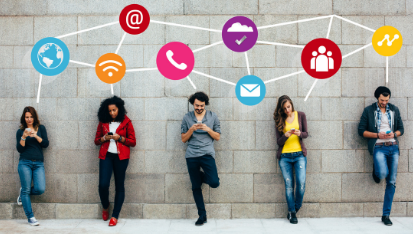
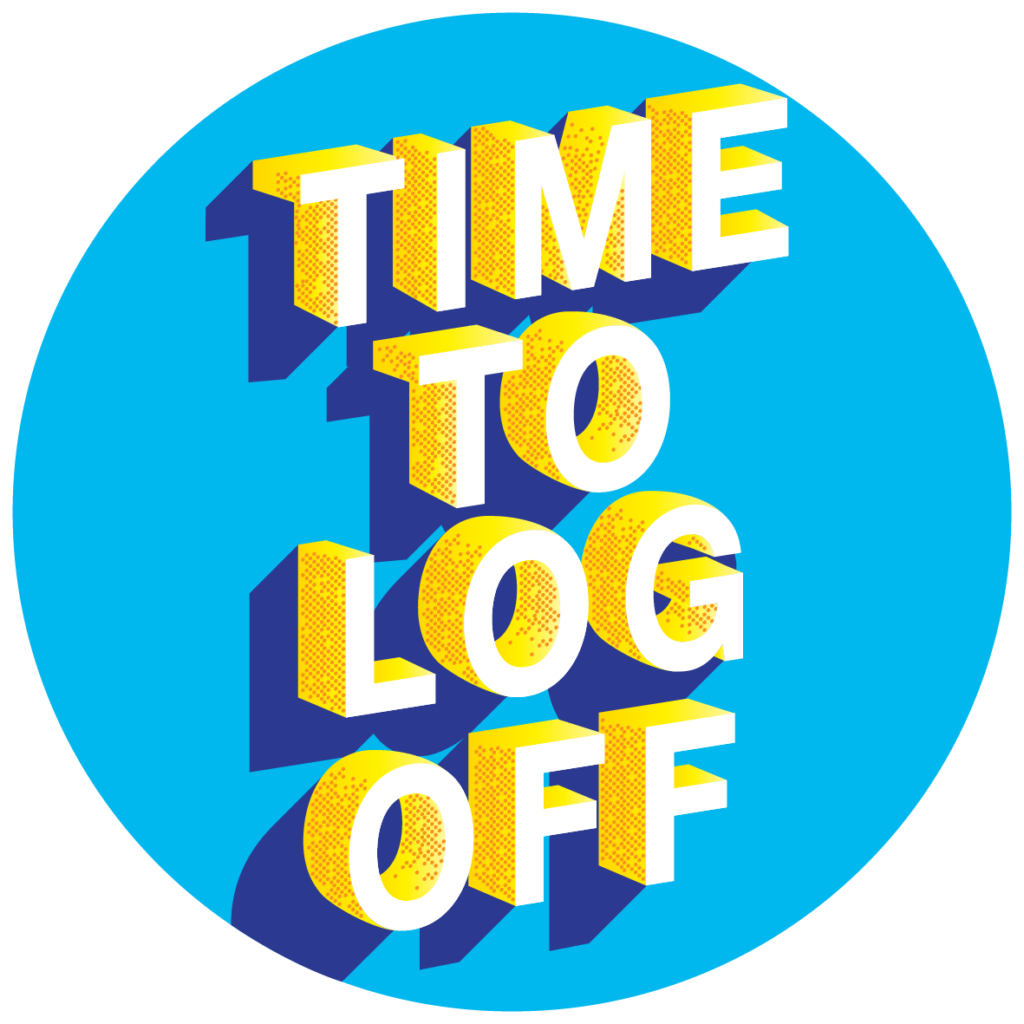
Time to talk about social media.
Yep! You heard (or saw) that right.
Social media is a world of its own. It is a place where millions of people have the opportunity to interact and connect simultaneously irrespective of geographic location.
We all use social media for many things like gratification, distraction, learning, and the list goes on. It all depends on you and your priorities. However, it is worth noting that social media might not be the flex you think it is.
Social media does have its perks. Nevertheless, there are so many unrealistic (and unhealthy) ideologies and standards that are pushed by social media algorithms. Everyone wants to be seen and create content to get more views and likes. Soon after, you feel this immense pressure to go with the flow and when you can’t actualize this, you feel like you’re not living your best life.
A vicious cycle of doom.
As mentioned earlier, People use social media for a lot of things. These include sharing information, applying for jobs, and creating content such as blog posts, video content, podcasts, and so on, that reach millions of people across the world.
Following this analogy, it is right to say that social media has become a huge and important part of our daily lives and that many of us cannot go a day without being in the ‘social media’ space. Therefore, taking a social media break appears challenging and undoable in our highly digitalized world.
However, a social media break is necessary. We get so lost in the world and unrealities of social media that we forget our world. We all want to be an influencer or be like a celebrity. But what if we take a step back from everything, breathe in and out, and realize that life is more than social media?
This article explores the effects of social media on our health and the health benefits of a social media break.
Stay tuned.
Social media started as a way to interact and keep in touch with family and friends and even make new friends, but as time went by, many people, businesses, and organizations took advantage of this new method of communication to reach out to potential customers.
For many of us, being on social media is as necessary an activity as eating, drinking, or taking a bath. It is like a synergy that we all flow with consciously and unconsciously, up to the point where we become addicted to it and feel we cannot survive without it.
Human beings are social animals. Therefore, the addictive nature of social media arises from its ability to satisfy people’s inherent desire for socializing and interaction through interconnectedness, user-generated content, interactivity, and real-time notifications.
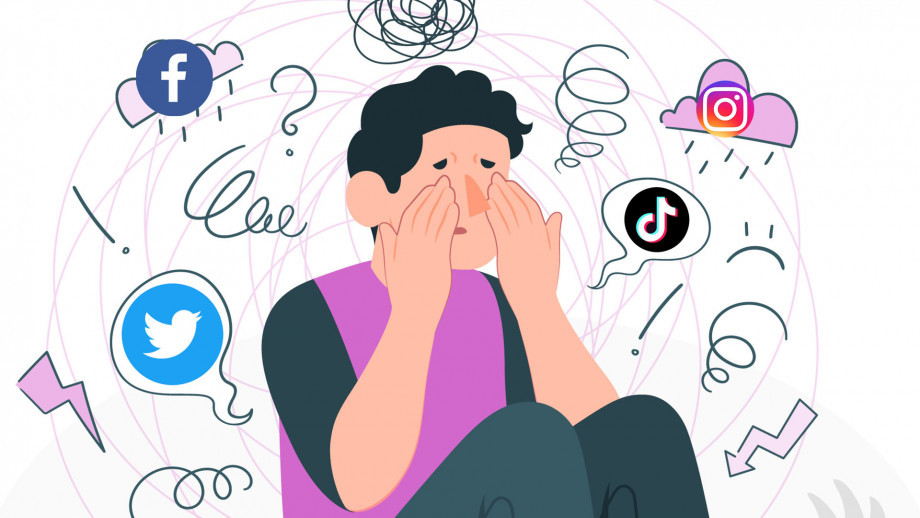
In a desperate attempt to push over boredom or procrastinate on that very important work we have to do, we are compelled to scroll through social media. While it is okay to relax and get that dopamine rush, excessive usage of social media can have detrimental effects on our mental health. Below are ways social media negatively affects our health.
Social media overuse can make us stew in our inadequacies, especially when it comes to beauty standards. This can create negative experiences and feelings like anxiety, loneliness, comparison, low self-esteem, dissatisfaction, depression, FOMO (fear of missing out), and so on.
Social media’s endless algorithms can make us glued to our screens for hours and hours. Most times, we tend to sacrifice our sleep for a few more (precious) scrolls and we go ‘Just one more post, it can’t hurt’.
Oh, well it can!
The vicious cycle of scrolling exposes us to the blue light emitted from our devices, which can affect our eyes, and make it harder for us to fall asleep. This disrupts our natural sleep cycle, leading to exhaustion during the day, weak immunity, and decreased cognitive function. This is how social media and your cell phone are affecting your health.
There’s a lot of information hitting us all at once when we are on social media. This information is churned out in short reels and posts, making it easy to keep going on and on. Now, because of the forms we receive information, we no longer have the patience to stay with long work.
Our attention span starts to shrink faster than a melting ice cube. We are always looking for the next big dopamine hit of likes and notifications. The ability to focus on long tasks diminishes, leading to difficulty in concentration and processing information.
This can affect our work life – like workplace anxiety– and relationships with people.
According to recent research, people spend 2.3 hours daily on social media. This is just on average. Many people spend way more than just 2.3 hours daily just scrolling and scrolling on social media. However, let’s work with the above information.
Two hours plus is a very large amount of time to get productive by doing exercises, reading a book, or spring cleaning. Therefore, the time spent (endlessly) on social media (at the expense of exercise or other productive things) can lead to weight gain and other associated health risks like musculoskeletal issues.
Social media increases the risk of cyberbullying involvement. Such negative abuse is detrimental to mental health, self-esteem, and self-image.
On social media, we get dopamine hit after dopamine hit.
Dopamine is a type of neurotransmitter and hormone in the brain that gives you feelings of pleasure, satisfaction, and motivation. It controls our mood, memory, concentration, sleep, movement, learning, and other functions.
In the words of Neuroscientist Andrew Huberman during a podcast, “Dopamine is about novelty surprise and the sense that we are on some exciting track. It puts us into states of readiness, anticipation, looking, seeking, etc. almost always for things outside the confines of our skin.” Essentially, dopamine is all about pursuit.
The thing about social media is it can be quite stimulating at first. You get doped up by what you see. But very quickly when you’re scrolling on social media, you’re no longer getting the novelty but a compulsion to continue doing it. You almost don’t know why you’re doing it and at that point, it shifts over to an obsessive compulsive disorder (OCD) behavior.
This is very different than being obsessed with food or obsessed with cleanliness. You get no payoff or anxiety relief by carrying out this OCD compulsion like scrolling through social media.
The dopamine quickly wanes and then you find that you’re just endlessly scrolling. We’ve all been there. Then you start wondering why you’re doing this because it isn’t that interesting anymore. It’s mechanical.
Social media is very dopaminergic. It drives reward, surprise, and excitement but very quickly becomes an OCD behavior.
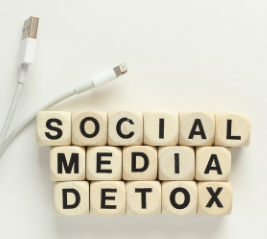
As mentioned earlier, social media is deemed a necessary activity by most of us and we all get caught up in the rush eventually. But there should be a time to step back or take a break from all of it. You’d be surprised by the amount of good that can do.
Staying away from social media for a day or two may help alleviate some of these feelings and make you more productive. So, suffice it to say that taking a break from social media is just as necessary as using it. There has to be a balance.
So, what are the benefits of taking a social media break?
Many empirical studies have continually found direct correlations between social media use and stress. The direct relationship usually indicates that the use of social media causes stress or that stress triggers the use of social media. Either way, stress has very negative effects on the brain, which include memory problems and depression.
A study conducted on both typical and excessive social media users found that abstaining from social media for about a week or two reduced stress significantly in both users.
The results were even more prominent in excessive social media users. Abstinence from social media makes you less susceptible to a high level of cortisol (which is majorly induced by stress) and helps you stay calm and focused.
One of the downsides of constant social media use is irregular sleep. A lot of us are so intimate with our phones that it never leaves our side even when we sleep. This intimacy distorts our sleeping patterns. The constant vibrations of notifications from social media apps disrupt healthy sleep.
One of the major factors that spur the night-time use of social media for many individuals is the Fear of Missing Out (FOMO). This ‘fear’ has driven many people to spend even more time at night on social media consequently leading to sleep difficulty and sleep disturbances.
Pausing social media use for a while and before bedtime prevents sleep problems, leading to better sleep and better sleep increases attentiveness, focus, and happy living.
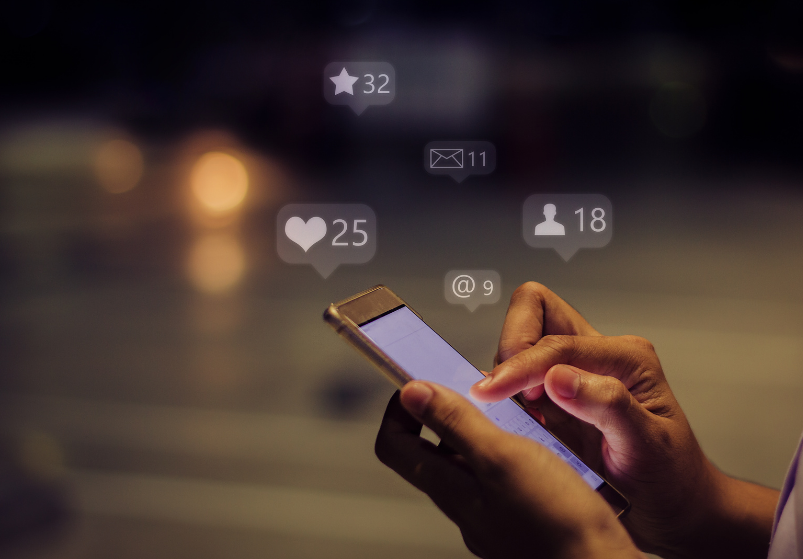
Being on social media for a long time creates this pressure to meet certain standards that are seen in the virtual space. There is this pressure to be as perfect as other people appear to be in their posts forgetting that most of these posts are actually curated.
This pressure weighs a person down unconsciously causing feelings of inadequacy which enhances feelings of loneliness, anxiety, and depression.
Common social media behaviors like regularly checking messages and addictive social media use have a direct link to a rise in anxiety, psychological distress, and depression. It is considered a risk factor.
A social media break for about 30 minutes each day can go a long way in improving mental health and reducing feelings of loneliness, anxiety, and depression. You could even deliberately delete social media to enjoy more content and a less pressured life.
The average person spends around two to nine hours (or more) going through social media feeds. When you take a closer look, a lot of productive time is spent just on social media alone.
Many people spend more than half their productive time on social media right from their waking to their bedtime, thereby being unproductive most of the time.
Hence, a social media break improves our attention span, allowing us to allocate more time and energy towards various tasks, ultimately leading to increased productivity.
Aside from completing tasks, we also have more time to concentrate on ourselves and our hobbies. When we then focus on ourselves, we can evaluate certain areas of our lives that need to be worked on. That’s being productive as well.
Social media has become deeply ingrained in our daily lives and it won’t be leaving anytime soon. It is progressively shaping the world we inhabit. However, it is important not to disregard its adverse effects, as excessive use of social media can be detrimental, much like anything else taken to extremes
A social media break and how long a person should stay off social media should be individualized. It’s also up to you to decide whether or not you should take a social media break in the end.
But, if you must, just tailor your social media break to suit your situation or needs. It could be a daily, weekly, or even a month-long social media break. A little bit of experimenting can’t hurt. Also, you could try exercising more than you scroll through social media.
Phones and devices offer settings that can assist in regulating social media usage, including notification settings, app timers, do-not-disturb mode, and downtime features.
These options provide tools to manage and control the amount of time spent on social media, allowing individuals to establish healthier boundaries and promote a more balanced digital lifestyle.
However, if you are contemplating a social media break for the sake of your mental health, it should be done intentionally. You could consider consulting a healthcare professional about excessive social media use and your health.
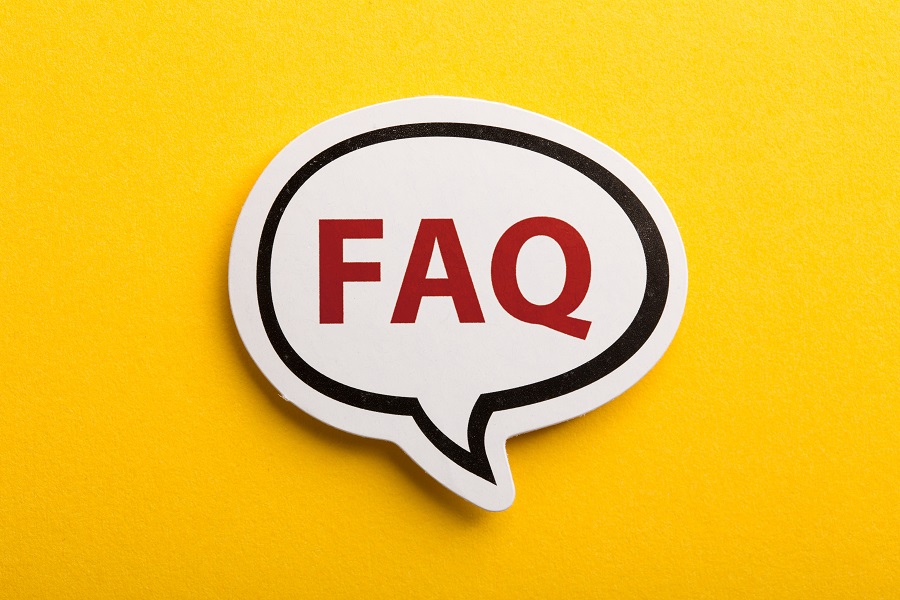
Spending less time online leads to more productivity and improves concentration, sleep, and cognitive function. Overusing social media makes you less productive and susceptible to feelings of depression, low self-esteem, anxiety, loneliness, dissatisfaction, Fear Of Missing Out (FOMO), etc.
A healthy amount of time online should be two hours daily. Of course, certain constraints like work and schedule come into play. Nevertheless, make a conscious effort to keep it at two hours. Spend the rest of your day exercising and being more productive.
Yes, it does. The screen on our phones and computers emit blue light rays which can affect the eyes and cause certain defects. Additionally, studies show that we blink less when we concentrate on our screens. This can cause our eyes to dry out. This is bad because our eye surface needs a clear and stable tear film over it for clear vision.
Yes, it does. Reducing your time on social media decreases anxiety, depression, fear of missing out (FOMO), and loneliness. All of which are cues for poor mental health.
Taking a social media break decreases depression, loneliness, anxiety, and fear of missing out (FOMO). It also reduces the chances of you comparing yourself to others and their standards. Additionally, when you take a social media break, you have more free time for yourself, your hobbies, and your goals.
Telemedicine conveniently helps you consult with a registered doctor, especially when you can’t make the commute or have a busy schedule. With the KompleteCare telemedicine website, you can have quick access and video visits with licensed physicians from the comfort of your home. They can offer healthy ways to cope with the withdrawal symptoms you may experience when taking a social media break.
Additionally, they will offer personalized recommendations for proper sleep, time management techniques, and detox strategies.
With the help of telemedicine, you can book remote consultations with therapists and counselors who can help you manage social anxieties and strengthen bonds with family and friends during your social media break.
Telemedicine services provide you with the information (and treatments) related to the topic covered in this post. You will get proper and timely medical assistance thanks to the convenience, speed, and quality of care offered by telemedicine providers.
Medically reviewed by Dr. Tosin Asala
Naslund JA, Bondre A, Torous J, & Aschbrenner KA. (2020) Social media and mental health: benefits, risks, and opportunities for research and practice.
Statista. (2022). Time spent on social media [Chart]
Zsila, Á. & Reyes, M.E.S. (2023) Pros & cons: impacts of social media on mental health.
Healthshots (2023) Why a social media break may benefit your mental health?
Healthline (2022) The Benefits of a Social Media Break, Plus 30 Things to Do
OnlyMyHealth (2023) 5 Benefits of Taking A Break From Social Media
TelehealthJune 13, 2020
NutritionFebruary 5, 2025
MedicationFebruary 5, 2025
healthcareFebruary 27, 2025








